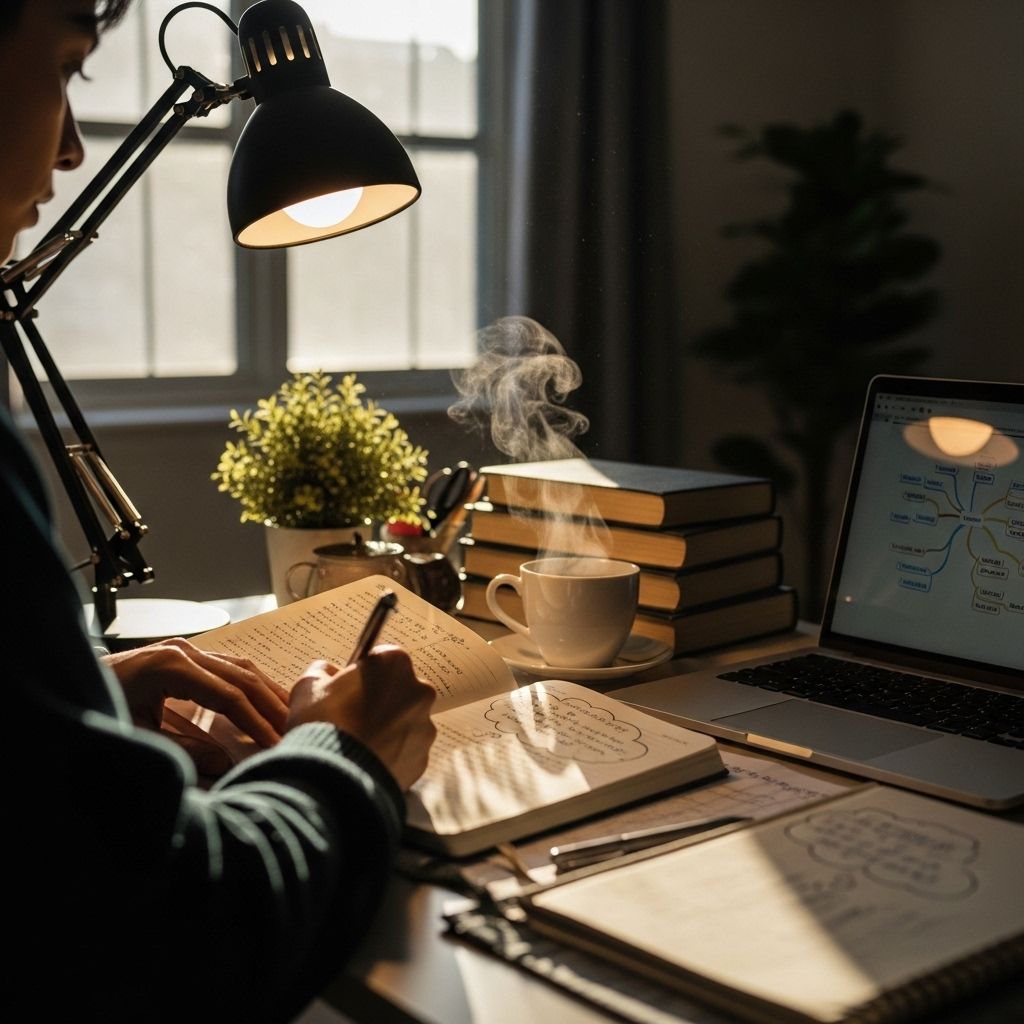In a fast-paced world driven by technology and constant connectivity, the need for introspection has never been greater. Daily reflection is not merely a pause in the chaos; it is a powerful tool for personal growth and emotional well-being. By taking time each day to reflect on our thoughts, actions, and emotions, we can unlock deeper insights into our lives, enhancing both our personal and professional journeys.
Table of Contents
The Importance of Daily Reflection
Daily reflection allows individuals to stay connected to their core values and long-term goals. Here are some key reasons why incorporating reflective practices into your daily routine is beneficial:
- Enhanced Self-Awareness: Understanding your strengths, weaknesses, and triggers can lead to better decision-making.
- Emotional Regulation: Reflecting on your emotions can help you manage stress and anxiety more effectively.
- Improved Goal Setting: Regular reflection helps in clarifying goals and adjusting them based on your experiences.
- Better Relationships: By reflecting on interactions, you can enhance communication and empathy towards others.
Methods of Daily Reflection
There are several methods to practice daily reflection. The best technique often depends on individual preferences. Here are some popular approaches:
1. Journaling
Writing in a journal is one of the most common and effective ways to reflect. It can be done in various formats: free writing, prompts, or structured entries.
| Journaling Method | Description |
|---|---|
| Free Writing | Write continuously for a set period (e.g., 10-15 minutes) without worrying about grammar or structure. |
| Prompts | Use questions or statements to guide your writing (e.g., “What am I grateful for today?”). |
| Structured Entries | Follow a specific format (e.g., date, mood, highlights, and challenges of the day). |
2. Meditation
Mindfulness meditation encourages present-moment awareness, allowing individuals to reflect without judgment. Techniques include:
- Focused Attention: Concentrate on your breath.
- Body Scan: Observe physical sensations in different parts of your body.
- Guided Visualization: Follow a guided meditation focusing on specific themes or emotions.
3. Digital Tools
In our digital age, various apps and platforms can facilitate daily reflection:
- Reflectly: An AI-driven journaling app with prompts and mood tracking.
- Daylio: A micro-diary app that helps track moods and activities.
- Evernote: A versatile note-taking application that can be used for journaling.
Creating a Routine
To reap the benefits of daily reflection, consistency is key. Here are steps to help develop a reflective routine:
1. Choose a Time
Identify a specific time each day for reflection. This could be in the morning or evening, depending on what fits your schedule best. Consider integrating it into existing rituals, such as:
- After breakfast
- Before bed
- During a commute
2. Set the Environment
Your environment can significantly impact your reflective practice. Here are a few tips:
- Find a quiet space free of distractions.
- Incorporate calming elements, such as soft lighting or nature sounds.
- Consider using tools like candles or essential oils to create a soothing atmosphere.
3. Stay Flexible
While routine is important, it’s equally crucial to be flexible. If a particular method isn’t resonating with you, don’t hesitate to switch things up. Experiment with different techniques and find what feels most effective.
Benefits of Regular Reflection
Engaging in daily reflection can yield numerous benefits, including:
1. Increased Productivity
Reflecting on your daily tasks can help prioritize activities and eliminate time-wasting habits.
2. Enhanced Creativity
Reflection allows the mind to make connections and generate new ideas, leading to greater creativity.
3. Personal Growth
Through consistent reflection, one can track personal development and shift undesirable habits.
Challenges to Consider
While daily reflection is valuable, it may come with challenges, such as:
1. Time Constraints
Finding time in a busy schedule can be difficult. Consider starting with just 5-10 minutes a day.
2. Emotional Resistance
Facing uncomfortable emotions during reflection can be daunting. Approach these feelings with curiosity rather than criticism.
3. Consistency
Establishing a routine takes time. Use reminders or habit-tracking tools to stay committed.
Conclusion
Harnessing the power of daily reflection is an ongoing practice that encourages self-discovery and growth. By consciously taking time each day to ponder our experiences, we enhance our understanding of ourselves and the world around us. Whether through journaling, meditation, or using digital tools, integrating reflection into daily life can lead to profound change. Start small, be patient with yourself, and watch as your ability to navigate life’s challenges grows stronger.
FAQ
What is daily reflection and why is it important?
Daily reflection is the practice of thoughtfully considering your experiences, feelings, and thoughts each day. It is important because it helps you gain insights, develop self-awareness, and make informed decisions.
How can I start a daily reflection practice?
You can start by setting aside 10-15 minutes each day to write down your thoughts in a journal or simply think about your day. Focus on your experiences, what you learned, and how you felt.
What are some effective techniques for daily reflection?
Some effective techniques include journaling, meditation, or using guided reflection prompts. You can also ask yourself questions like ‘What went well today?’ and ‘What could I improve?’
How does daily reflection enhance personal growth?
Daily reflection enhances personal growth by allowing you to identify patterns in your behavior, acknowledge your achievements, and learn from mistakes, which can lead to continuous self-improvement.
Can daily reflection reduce stress and anxiety?
Yes, daily reflection can reduce stress and anxiety by providing a safe space to process your emotions and gain clarity, leading to improved mental well-being.
How can I maintain consistency in my daily reflection routine?
To maintain consistency, set a specific time each day for reflection, create a comfortable environment, and hold yourself accountable, possibly by sharing your goals with a friend or using a reminder app.








